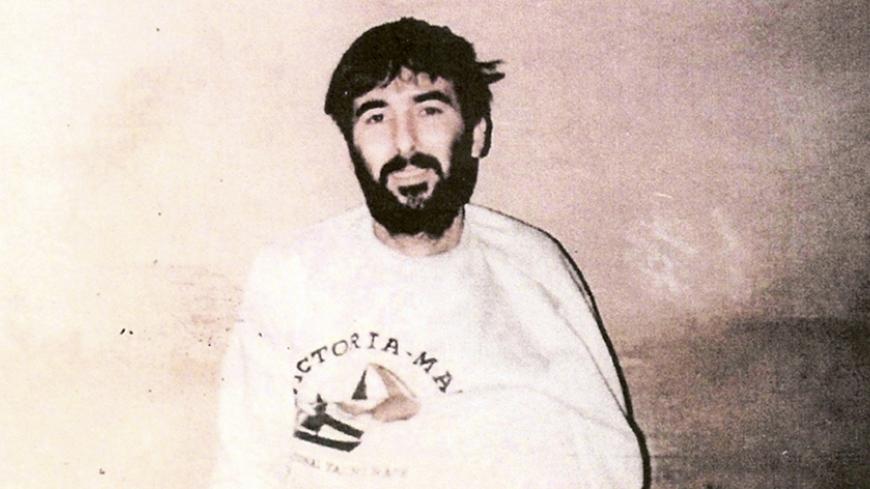Israel has now marked 30 years since Lt. Col. Ron Arad fell into the hands of Amal forces in Lebanon, a loss that with the passing years has become the ultimate Israeli scar, a national trauma that has gone 30 years without resolution. Israel has invested huge sums of money and unlimited energy in trying to find out what happened to Arad or to bring him home, including hair-raising abduction operations by special forces deep inside Lebanon, interrogating witnesses and sources all over the world and dedicating Israel’s greatest intelligence efforts to the task, all in vain. Even today, three decades after Arad parachuted from his fighter jet over the refugee camps in Sidon, Israel has no real information about what happened to him.
Arad’s Phantom was damaged during a bombing mission against Palestine Liberation Organization targets in Sidon in 1986. Both pilot Yishai Aviram and Arad, the navigator, successfully ejected from the plane. The Israeli air force’s air rescue unit retrieved Aviram from deep inside Lebanon in a dangerous and complicated helicopter mission. Arad, however, disappeared. He ended up into the hands of the military forces of Amal, which was headed by Nabih Berri and one of his trusted men, Mustafa Dirani, who held Arad at the militia’s prison facility in Beirut. For two years after Arad ejected, Israel conducted negotiations with Berri and Dirani. The price for returning Arad was set — Lebanese prisoners and varying sums of money — a bargain compared to prices demanded today. The political establishment, however, stymied the deal.



